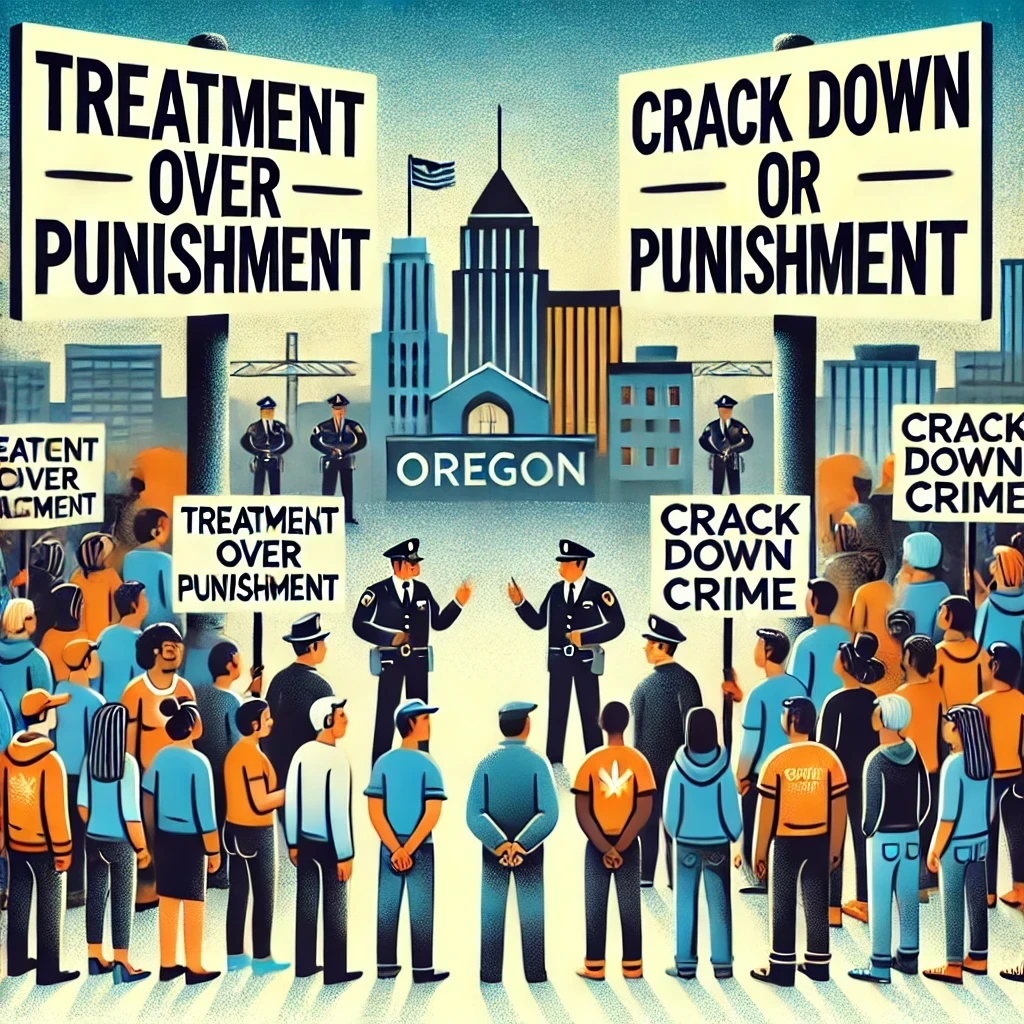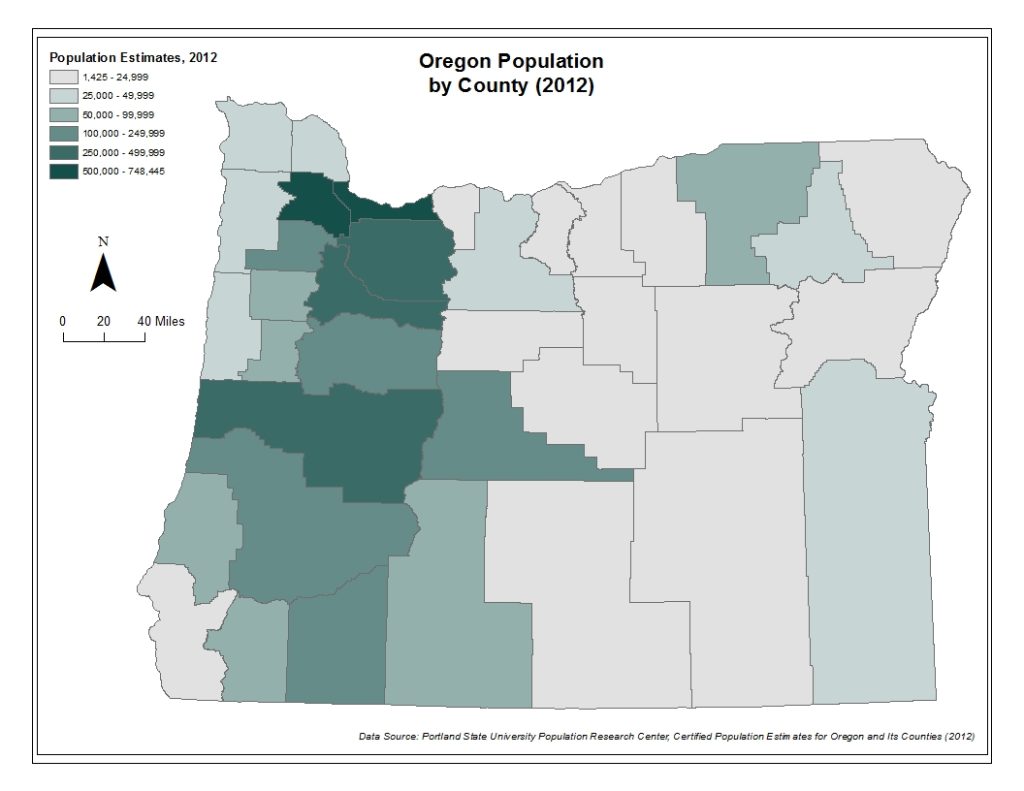Oregon’s Drug Decriminalization Experiment Ends
Oregon’s unique approach to drug decriminalization is ending. Starting Sunday September 1st, it will be a crime again to possess small amounts of hard drugs. This change reverses a law that voters approved in 2020, which made drug possession punishable only by a small fine. The 2020 law aimed to redirect resources to addiction services, but the funding and system implementation were slow, leading to concerns as the fentanyl crisis worsened.

A Return to Misdemeanor Charges
The new law reclassifies personal drug possession as a misdemeanor, carrying penalties of up to six months in jail. This shift aims to curb public drug use and introduces tougher penalties for selling drugs near places like parks. Republican lawmakers, who were critical of decriminalization, supported this change. They believe this will help address issues related to drug use in public spaces, though it has sparked debate.

Treatment vs. Punishment Debate
Supporters of the 2020 decriminalization law argue that treatment is more effective than jail time in addressing addiction. They point out that decades of arresting drug users haven’t solved the problem. The new law attempts to balance this by establishing alternatives to criminal penalties. However, critics worry that these alternatives may not be enough, as they are only encouraged, not required, for counties to implement.

Counties Developing Their Own Programs
Under the new law, counties are encouraged to create deflection programs that redirect people from the criminal justice system to addiction and mental health services. So far, 28 of Oregon’s 36 counties have applied for grants to fund these programs. The Oregon Criminal Justice Commission will distribute over $20 million in grants over the next year. However, the varied approaches across counties could lead to inconsistencies in how drug possession cases are handled.

Concerns About Inconsistent Implementation
There are concerns that the differences in deflection programs between counties could create confusion and inequality. People who use drugs may not know their rights or what to expect because the policies will vary depending on where they are in the state. This inconsistency could undermine the effectiveness of the new law and lead to further complications for those seeking treatment.

Strain on the Legal System
The influx of new drug cases due to the recriminalization could strain Oregon’s already burdened legal system. The state is facing a shortage of public defenders, which could slow down the legal process for those charged with drug possession. Critics argue that the focus should be on expanding treatment options rather than increasing the number of criminal cases.

A Temporary Solution in Portland
Multnomah County, which includes Portland, is taking steps to address these concerns by opening a temporary center where police can drop off individuals caught with drugs. At this center, nurses and outreach workers will assess individuals and refer them to treatment. However, this won’t be open until October, so there may still be instances where individuals are jailed due to delays in connecting them with services.

Lawmakers Acknowledge Challenges Ahead
Oregon lawmakers acknowledge that the new law presents challenges, but they remain hopeful. One of the law’s key drafters, Democratic state Rep. Jason Kropf, emphasized that each county has unique challenges and resources. Lawmakers will monitor the situation to determine what works best in different parts of the state, with the hope that the law will eventually lead to more effective treatment options.

Significant Investments in Treatment
Over the past four years, Oregon has invested more than $1.5 billion to expand treatment capacity. This investment has led to the creation of over 350 new treatment beds that will become available next year. However, a recent report from the Oregon Health Authority indicates that the state still needs up to 3,700 additional beds to meet current and future demand, highlighting the ongoing need for resources.

The Road Ahead
As Oregon transitions back to criminalizing drug possession, the state faces the challenge of ensuring that those who need help can access treatment. While the new law aims to strike a balance between public safety and addiction recovery, its success will depend on the implementation of deflection programs and the availability of treatment resources. The coming months will be crucial in determining whether this new approach can address Oregon’s drug crisis effectively.





